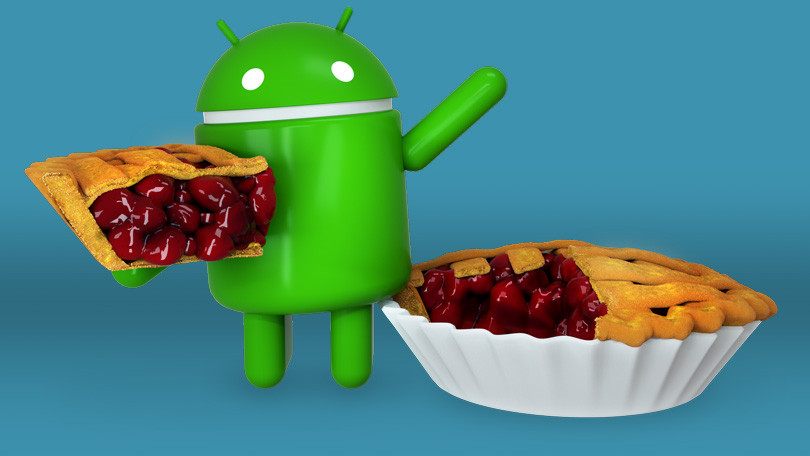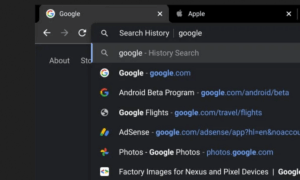Yes, the P stands for Pie.
We expected Pistachio but we got Pie. Frankly, I don’t know which one was the worst idea but this is what we got and that’s what we’re gonna roll with. Google has been naming its new Android operating systems after sugary things since quite some time already, and I guess Pistachio was just not sweet enough.
Now that we got that out of the way, the operating system came first on the Pixel phones on Monday. The OS will come out to the other Android One users later this year, alongside all the other third-party handsets that signed up for the beta, such as Sony Xperia XZ2, Xiaomi Mi Mix 2S, Nokia 7 Plus, One Plus 6 and Vivo X21, just to name a few.
Google had announced the preview version back in March and offered a demo of its features at the annual I/O developer conference in May, so there are not a lot of surprises left for us to wonder about.
We already know it will feature a gesture-based navigation system, borrowing from the iPhone X and some artificial intelligence features as well, alongside an Adaptive Battery app that will prioritize battery usage for your most used apps. It promises to make Android phones more efficient, even the older ones that might not run on the most recent Qualcomm Snapdragons.
Sameer Samat, Google VP of product management for both Android and Google Play has said that the Android 9 was built to learn from the user, the more it is being used:
“From predicting your next task so you can jump right into the action you want to take, to prioritizing battery power for the apps you use most, to helping you disconnect from your phone at the end of the day, Android 9 adapts to your life and the ways you like to use your phone.”
One of the bigger updates for the Pie is the notch support, which means Google has made it easier for apps to work on phones that might have notched screens.
The Pie also comes with a new dashboard that will tells you how long you have spent using your phone as well as using certain apps. The feature will be called Digital Wellbeing and it will launch on the Pixel phones in the fall.
At the moment, only 12.1% of Android users are using the latest version of the software, the Oreo, while the remaining majority still operates on Nougat, Marshmallow or the Lollipop OS, out of which Lollipop is the oldest, having been released in 2014.
Follow TechTheLead on Google News to get the news first.

























